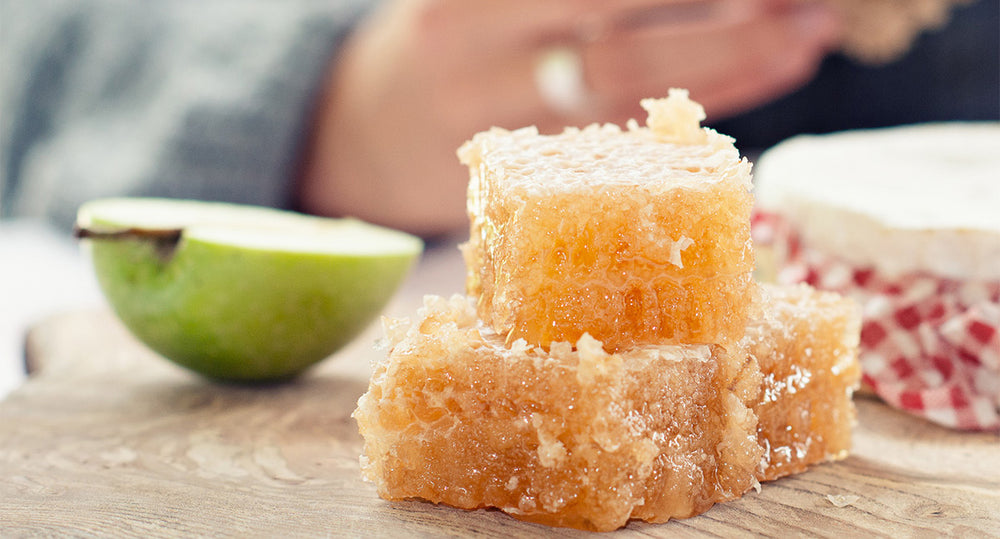Do Bees Hibernate?
As the summer ends and we start thinking about putting the heating on and when to get the Big Coat out, the thought of hibernating becomes oh-so tempting. However, as impossible as that is for humans, hibernation is key to the survival of some creatures in the animal world.
The ability to survive the winter is yet another incredible feat of bees, but how do they do it? Do bees hibernate? Where do bees go for the winter months?
For the latest in our Bee Mini Series, let’s take a look…
Surviving the Winter – Do Bees Hibernate?
The winter months are tough for our bees. Most of the food they forage for has gone, and the low temperatures are harsh, even with the fur coat of the bumblebee.
As we discussed in our last article, there are around 270 different types of bees in the UK, with around 90% of them being solitary bees that don’t belong to a hive. Each different species of bee has a different way of surviving the winter, and a couple of these survival tactics have us fascinated.
Let’s take bumblebees as an example. The entire bumblebee colony dies off at the end of the summer, with one exception – the queen. A queen bumblebee hibernates, usually underground, after filling up on nectar and pollen and after mating with a drone. Once the spring comes, she’ll wake up, have a feast and then find a suitable place to nest and lay her eggs to start a colony all over again.
Honey bees don’t hibernate. Instead, they live off the honey reserves in the nest or hive, and huddle around the queen to keep her warm all winter. As they huddle, they vibrate their wing muscles, creating heat that keeps the hive alive until spring.
Solitary bees have a variety of ways of keeping the species alive throughout the winter. Some lay eggs that stay inside their cocoons all winter, emerging at the first signs of spring. Others enter into a deep sleep called a torpor and spend the winter underground or inside holes in house bricks.
So, as you can see, bees have incredible survival tactics, making them even more fascinating. Stay tuned for the next instalment of our Bee Mini Series!






